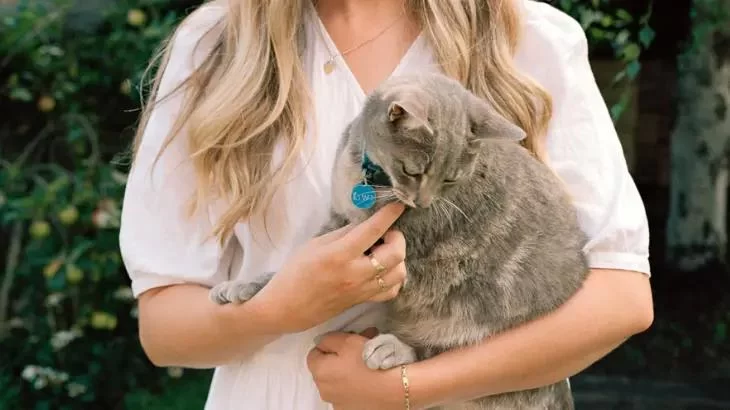- Understanding Pet Grief
- Signs of Grief in Pets
- How to Help Your Pet Cope with Grief
- Real-Life Stories of Pets and Grief
- Veterinary Support for Pet Grief at Hidden Brook Veterinary
Understanding Pet Grief
Just like humans, pets can experience grief when they lose a companion. Pets are sensitive creatures who form strong emotional bonds with their family members, including other pets. When one of those bonds is broken by the loss of a loved one, it can cause significant emotional distress for the remaining pet. Understanding how your pet experiences grief is an essential first step in helping them cope with the loss.

VCA Arboretum View Animal Hospital, 2551 Warrenville Rd, Downers Grove, IL 60515, USA
See DetailsSigns of Grief in Pets
Pets express grief in various ways, and recognizing the signs can help you determine the best course of action to support them. Some common symptoms of pet grief include:
- Loss of appetite or refusal to eat
- Increased lethargy or lack of interest in usual activities
- Excessive vocalization such as whining, crying, or barking
- Restlessness or pacing around the house
- Changes in behavior, such as being more clingy or withdrawn
If your pet is showing these symptoms, it may be struggling with grief. Understanding these signs will allow you to provide the support your pet needs during this difficult time.
How to Help Your Pet Cope with Grief
While every pet copes with grief differently, there are several ways you can help ease their emotional pain and support their healing process:
1. Maintain a Routine
Pets thrive on routine, and maintaining a consistent schedule can provide them with a sense of stability and comfort. Regular feeding times, walks, and playtime can help ease anxiety and provide a sense of normalcy during a time of loss.
2. Offer Extra Comfort and Attention
Your pet may need more attention and affection during this time. Spend quality time with them, offering comfort through petting, cuddling, and simply being present. The additional companionship can help them feel secure.
3. Provide Opportunities for Exercise and Mental Stimulation
Encourage physical activity and mental stimulation, such as interactive toys or longer walks, to help distract your pet from their grief. Engaging their mind and body can reduce anxiety and boost their mood over time.
4. Introduce a New Companion (with Care)
In some cases, introducing a new pet to the household can help ease the grief of a surviving pet. However, it’s important to wait until your pet has had time to grieve and is ready for a new companion. Gradually introducing the new pet in a calm and controlled manner will ensure a positive experience.
5. Be Patient and Allow Time to Heal
Grieving is a process that takes time. Be patient with your pet, and allow them the time they need to adjust to their new reality. It’s important to recognize that grief can last for weeks or even months, and each pet will process it in their own way.
Real-Life Stories of Pets and Grief
Pets' experiences with grief can vary widely. One example is Bella, a golden retriever whose best friend, a cat named Whiskers, passed away. Bella exhibited signs of grief, including a loss of appetite and a deep sadness in her eyes. Bella’s owner, Laura, provided extra care, spending time with Bella and ensuring her routine was maintained. Over the course of several weeks, Bella slowly began to regain her appetite and her playful energy, demonstrating that with patience and love, pets can heal from the pain of loss.
Veterinary Support for Pet Grief at Hidden Brook Veterinary
If your pet is struggling with grief, seeking professional support can be beneficial. Hidden Brook Veterinary offers behavioral consultations and expert advice on managing pet grief. Our team can help you develop a plan to support your pet through the grieving process and offer tailored solutions that address their unique needs. Whether you need advice on behavioral changes or are considering additional interventions, we are here to guide you and your pet through this difficult time.











